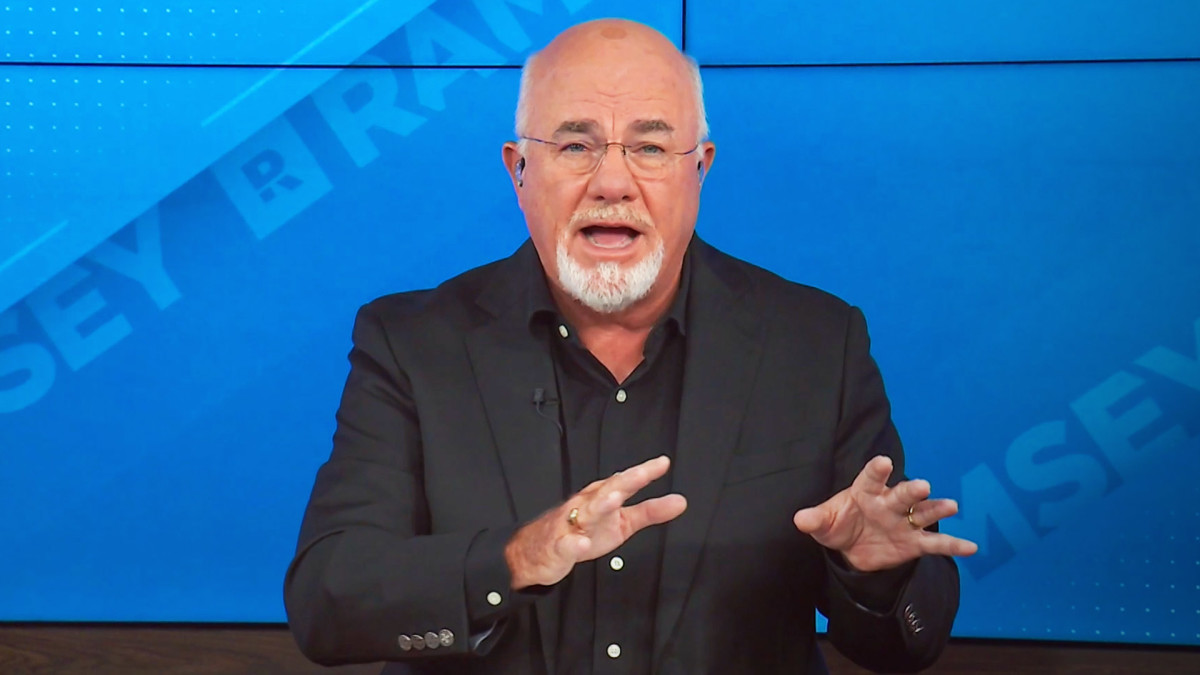There's A Million-dollar Tax Lesson In 'the White Lotus' Season Finale

Natasha Rothwell as Belinda in season three of "The White Lotus."
Fabio Lovino/HBO
- The season finale of 'The White Lotus' revealed a murder and also a tax consideration.
- It turns out the reach of the IRS extends all the way overseas to Thailand.
- Warning: major spoilers below.
Fans had mixed reactions to the season finale of "The White Lotus."
Whether you loved or hated the last episode, there's an important and timely tax takeaway embedded in there.
If you haven't seen the season finale, proceed with caution — major spoilers below.
Rick and Chelsea died in a shootout, and the Ratliffs' fortune presumably evaporated thanks to Tim's fraudulent activities, but some people at the resort made it out relatively unscathed. The episode ends with Belinda and Zion sailing off into the sunset $5 million richer after cutting a deal with Greg to keep quiet about the circumstances of Tanya's death in a previous season.
A big lump sum of cash seems great, but Belinda might run into some headaches when it comes time to file her taxes. Business Insider consulted with tax experts to see what the $5 million means for Belinda's finances.
A gift or hush money?
At first glance, there's some ambiguity about how to classify the $5 million payout Belinda receives from Greg.
Upon initial consideration, Greg and Belinda could try to label the payout as a gift, which would result in no tax liability for Belinda as the receiver. Greg, however, would need to file a gift tax return, as his payment exceeds the $18,000 gift tax exclusion amount.
But that won't fly, according to Jordan Rippy, a CPA and accounting professor at Johns Hopkins University.
"That's hush money. A nicer way to say that would be 'non-disclosure money,'" Rippy told BI. "You're opening yourself up to more scrutiny if you say it's a gift when it's really not a gift."
Vince Porter, president and managing partner of Porter & Company CPAs, agrees. He pointed out that a payout, in the eyes of the IRS, is only considered a gift if Greg transferred the money without expecting something in return. Clearly, Greg was looking to buy Belinda's silence, so classifying the money as a gift is a no-go for Porter.
How to report hush money to the IRS
Now that it's been established that the $5 million wasn't a gift, Belinda would need to report her income on her Form 1040, said Stephen Weisberg, principal attorney and founder of The W Tax Group. On Form 1040, there's a section called Schedule 1, where taxpayers declare any income not included in your typical W-2 form, such as gambling earnings or prize money.
Rippy's advice to Belinda? Label the $5 million with an inconspicuous name. "Call it something like 'settlement' or some other bland wording," Rippy said. "I would not encourage someone to write 'hush money' on that line."
Hopefully, Belinda and Zion crunched the numbers properly and accounted for taxes, because Belinda won't be seeing all $5 million — Uncle Sam wants a part, too.
"Even if you're a person who makes $0 a year, a $5 million transfusion is going to automatically put you into the highest tax bracket," Rippy said.
For 2024, the highest federal tax bracket was 37%. Belinda is a resident of Hawaii, so she'll also need to pay state income tax. The highest individual income tax bracket is 11%. Social security and Medicaid taxes would also come into play, as well as any local taxes, if applicable.
So in total, she'd keep just over 50% of the money, or $2,531,457, according to a SmartAsset income tax tool.
Failure to follow the right reporting rules could set Belinda up for an IRS audit, as a one-time payout of this size is likely to raise eyebrows.
What about Greg?
"If you are a business and you pay hush money, or what we might call a non-disclosure settlement, and you can make the argument that the hush money is a business expense, then you might be able to deduct that expense from your taxable income," Rippy said.
Rippy believes the likelihood of pulling that off is slim. But given that Greg is hiding out in Thailand, maybe don't put tax evasion past him. After all, he can probably afford a pretty skilled personal accountant with his inheritance from his late wife.


